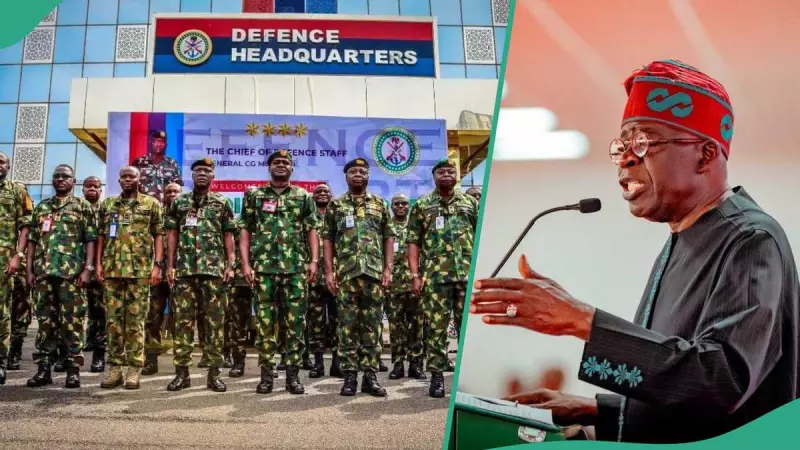
In a stunning revelation that has sent ripples through security circles, a prominent military analyst has provided exclusive insights into why the recent attempted coup in Nigeria was destined for failure from the very beginning.
The Anatomy of a Failed Power Grab
According to the detailed analysis, the plotters severely underestimated the sophisticated intelligence network and robust command structure currently in place within the Nigerian military. The expert emphasized that today's armed forces operate with multiple layers of accountability and surveillance that make clandestine operations nearly impossible to conceal.
Why Loyalty to Democracy Prevailed
The analyst pointed to several key factors that ensured the coup's collapse:
- Strong institutional loyalty to constitutional democracy among senior officers
- Advanced monitoring systems that track unusual troop movements and communications
- International partnerships that provide additional oversight and intelligence sharing
- Professional military education that emphasizes democratic values and civilian control
Regional Implications and Stability
This failed attempt comes at a critical time for West Africa, where several nations have experienced successful military takeovers in recent years. The analyst noted that Nigeria's ability to thwart this plot sends a powerful message about the country's political resilience and military professionalism.
"The Nigerian military has learned from both its own history and regional developments," the expert stated. "There's a clear understanding that unconstitutional changes of government ultimately weaken rather than strengthen national security."
What This Means for Nigeria's Future
The successful prevention of this coup attempt demonstrates the maturity of Nigeria's democratic institutions and the military's commitment to its constitutional role. However, the analyst cautioned that continued vigilance remains essential, as underlying tensions that might motivate such attempts still need to be addressed through political and economic reforms.
This development reinforces Nigeria's position as a regional bastion of democracy in West Africa, setting an important precedent for military-civilian relations across the continent.





